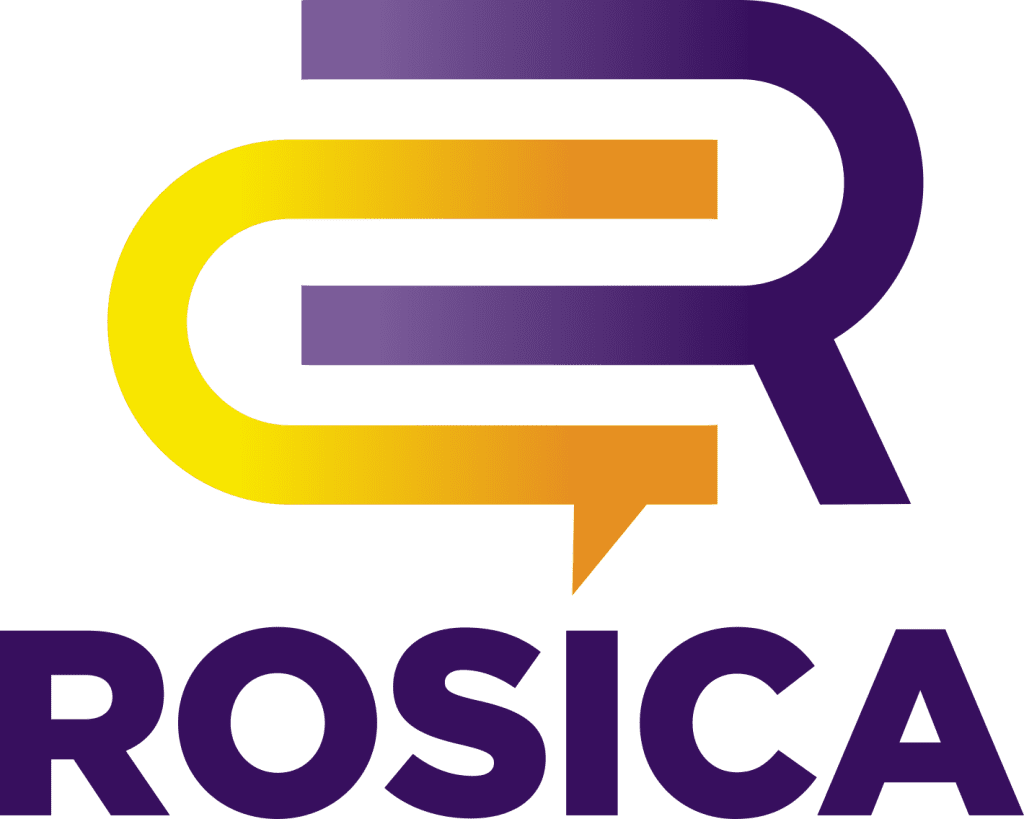In today’s media landscape, education PR often centers on challenges like school violence or budget issues, leaving little room for the many successes happening in schools daily. As we continue into 2025, it’s more important than ever for schools to take control of the narrative, highlighting their achievements and securing a steady stream of positive media attention.
With funding challenges expected to intensify—especially for public schools due to the expansion of school voucher programs—education PR and storytelling will be a crucial tool for maintaining community support and engagement. At the same time, parochial, charter, and private schools will find new opportunities to showcase their unique offerings to prospective families.
School Vouchers
School voucher programs have gained significant traction in recent years, shaping the education landscape by offering families greater flexibility in choosing the best learning environment for their children. Currently available in 14 states, and poised to expand, these programs provide financial assistance that helps parents afford private schooling or specialized educational services that might otherwise be inaccessible. As school choice continues to grow, vouchers are playing a crucial role in giving families more control over their children’s education.
For private, parochial, and charter schools, highlighting the benefits of school voucher programs can be an effective way to generate positive media coverage. By sharing success stories of students who have thrived in alternative educational settings due to vouchers, schools can showcase the impact of increased choice and access. Whether through testimonials, data on improved student outcomes, or partnerships with families who have benefited, telling these stories can help shift the narrative toward the opportunities created by school choice.
Additionally, emphasizing how vouchers support diverse learning needs can position schools as advocates for equity and innovation. By working with local media, engaging with community stakeholders, and leveraging digital platforms, schools can bring attention to the ways these programs are expanding access to high-quality education. In a time when school funding challenges are growing, effectively communicating the advantages of school vouchers can help schools stand out and attract new students, families, and supporters.
Success Stories in Education
Shifting the focus toward positive developments is essential for education PR and marketing, as it enhances public education’s reputation and increases funding and community support. While challenges in education often dominate the headlines, schools have countless success stories that deserve to be shared. Whether it’s improved student performance, innovative teaching methods, or impactful community partnerships, storytelling allows schools to highlight their achievements and inspire others. By actively promoting these stories, schools can counterbalance negative perceptions and demonstrate the real progress happening in education.
One effective way to showcase success is through collaborative efforts and professional learning advancements. As highlighted in an article by Learning Forward, schools that share their professional development journeys can illustrate the tangible benefits of investing in teacher growth and student achievement. By documenting and publicizing these improvements, schools not only celebrate their accomplishments but also provide a roadmap for other institutions to follow suit. This type of storytelling fosters a culture of continuous learning and reinforces the importance of collaboration in driving meaningful change.
Education organizations can use various platforms to share their success stories, including social media, newsletters, and local news outlets. Featuring testimonials from teachers, students, and parents can add a personal touch, making the stories more relatable and impactful. By prioritizing positive storytelling, schools can strengthen their credibility, engage their communities, and attract the attention of stakeholders who can support their continued success.
Thought Leadership and Education
Teachers play a vital role as thought leaders in education, yet their contributions often go unrecognized. Beyond delivering lessons, educators shape the future by fostering critical thinking, inspiring creativity, and driving meaningful discussions in the classroom. Their influence extends far beyond textbooks, as they continuously adapt to new teaching methods, technologies, and student needs. By recognizing teachers as thought leaders, schools can elevate their voices and showcase the essential role they play in shaping the next generation.
True thought leadership in education comes from districts and teachers who go beyond conventional instruction to create dynamic learning environments. They encourage students to question, analyze, and think independently—skills that are crucial for success in an ever-changing world. As highlighted by the Smile Foundation, teachers who embrace innovation and collaboration not only enhance student outcomes but also contribute to the broader educational discourse. Schools that highlight these efforts can position themselves as hubs of innovation and excellence.
Education organizations can amplify teachers’ thought leadership by sharing their insights, experiences, and strategies through blogs, podcasts, professional networks, and print and broadcast interviews. Showcasing educators who seek new opportunities for contemporary learning—whether through professional development, curriculum advancements, or mentorship—demonstrates a commitment to growth and progress. By leveraging PR storytelling to recognize teachers as thought leaders, schools can enhance their reputation, attract support, and inspire a culture of continuous improvement.
Now is the Time
Now is the time for schools—public, charter, and private—to take control and highlight the many successes happening in education today. With funding challenges on the horizon and school choice expanding, sharing stories of achievement, innovation, and thought leadership is more important than ever. By showcasing the impact of school vouchers, celebrating success stories, and elevating teachers as thought leaders, education organizations can shift the conversation toward positive developments. Through strategic storytelling, schools can strengthen their reputations, engage their communities, and ensure that what’s right in education gets the attention it deserves.

